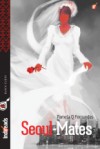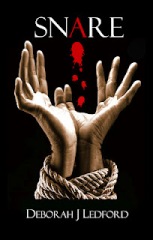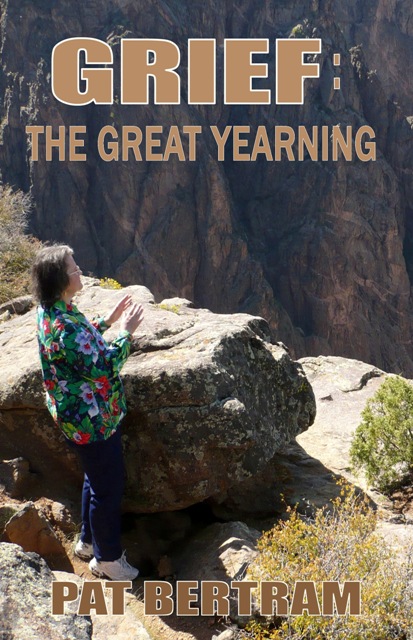 What is your book about?
What is your book about?
“PEARL’s Party…and you’re invited” is about my mother’s uplifting journey through life, her unusual businesses, her funny escapades, and her unique perspectives on living (and dying).
How long had the idea of your book been developing before you began to write the story?
It took me some time to grapple with the loss of my mother, my sidekick and confidant. Her home was 100 miles from mine, so clearing it out in preparation for its sale was drawn out over an entire year. With each visit, I unearthed interesting bits of ephemera that gave me ideas for my book.
How long did it take you to write your book?
It took me a year to organize the physical materials and construct a timeline of what I planned to write about. As I sifted through canceled checks, matchbook covers, little black books and more, I wrote the stories woven through the objects. Another six months were involved in formatting it, laying it out, and figuring out the technology to self-publish.
Did you do any research for the book? If so, how did you do it? (searching Internet, magazines, other books, etc.)
Yes, I actually did quite a bit of research. Usually I was googling places where Pearl had gone, products she had used or obituaries of people she knew.
Do you have specific techniques you use to develop the plot and stay on track?
I used an excel spreadsheet to lay out a timeline of Pearl’s life, including dates I had pulled off primary source documents such as leases, airplane tickets or letters. The story is largely chronological, so this kept me grounded.
What is your goal for the book, ie: what do you want people to take with them after they finish reading the story?
I want my readers to come away entertained, feeling nostalgic about “the good ol’ days,” and thinking, gheez, if Pearl could overcome those obstacles and stay in party-mode, so can I!
What are you working on right now?
I have a couple of balls in the air. Since I wrote a book about my mother, I felt it only fair to do the same for my late father, a Renaissance man. I had already begun yet another book before either of my parents died, about my grandfather and his relatives who lived in the Far East over a hundred years ago. There will be two versions: a picture book for kids and another with the adult stories.
Have you always wanted to be a writer?
Definitely not. In fact, in high school I was so disinterested that I shunned away from choosing a liberal arts college and instead went to engineering school where I wouldn’t have to do much writing at all.
Does writing come easy for you?
In a way, yes, because I’m telling the story as if I were talking to you in person. I can hear my voice inside my head as I tap on the keyboard. Besides, my training as an engineer equipped me to be a good investigative researcher. My research often broadens the story.
How have you marketed and promoted your work?
This is the hardest part for me. You think once your book is written and you can actually hold a printed copy in your hands that you’ve accomplished something great. The truth is, the work has only just begun. I had business cards printed before my book was released with an image of the cover and a link to my blog. I blogged for awhile about songs that my mother enjoyed, with links to youtube videos. I comment regularly on Facebook and sometimes on Twitter, plus I set up a Pinterest page with some of Pearl’s trinkets and photos pictured. And I seek out kind, generous interviewers like you!
Do you have a saying or motto for your life and/or as a writer?
The journey of a thousand miles begins with the first step.
If your book was made into a TV series or Movie, what actors would you like to see playing your characters?
Pearl would be played by Nathan Lane (in drag) and her gay friends would be played by Jean Dujardin, John Goodman, Jason Alexander and Alan Cumming. Her ex-husband would be played by Brad Pitt.
 Where can people learn more about your books?
Where can people learn more about your books?
I blog at pearlsparty.wordpress.com and the book blurb for “PEARL’s Party” is at http://www.createspace.com/5765382 (where you can also purchase the book!). My photo and a cover of the book can be seen at http://www.amazon.com/Billie-Tekel-Elias/e/B0190OWZZO/ref=ntt_dp_epwbk_0



















